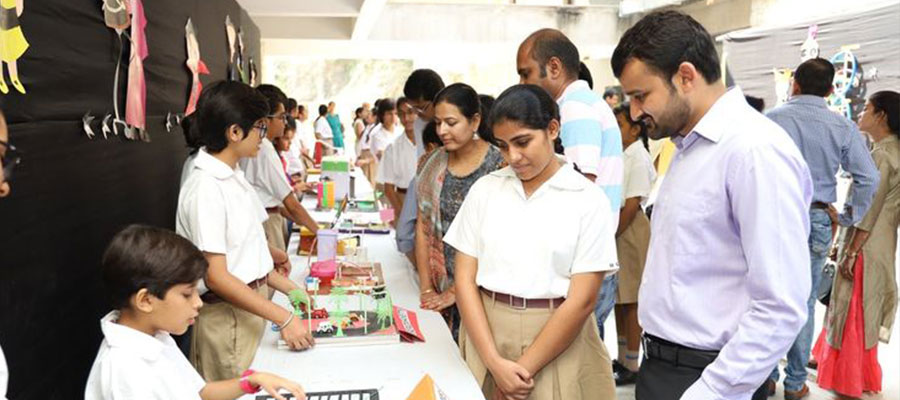Technology is increasingly being integrated into education, which means that students at schools are expected to be more involved in their learning topics. Technology has various tools that may help teachers teach the same facts in innovative ways and make studying more enjoyable. If you’re interested in learning more about how technology impacts children’s education, this is the place to go. The schools are beginning to understand the need for an appropriate balance of technology in the educational system.
Schools should have access to technology, which helps students study more efficiently while also encouraging schools to communicate with parents. Technology allows for individualized learning or experiences that are more appealing and suited to the learner’s needs. The schools should develop learning abilities that will enable students to select from a variety of educational activities.
The selection of the right boarding school in Udaipur for your children is one of the most crucial ones you’ll make as a parent. The school you select for your kid will have a significant influence on their overall growth and personality. It’s something you shouldn’t take lightly. High-tech infrastructure and resources are available in the finest schools. Choose a school for your kids that provides technology-based education. Education has long been heavily reliant on technology. It has the potential to revolutionize how children learn. On the other hand, technology is assisting boarding school students in changing and improving their lives right now.
Here are the ways that technology influences education development in boarding schools.
1. Motivates Individual Learning
Schools believe that every child learns differently because each student is unique. Technology has made it possible to provide outstanding learning opportunities for pupils with diverse learning requirements. Schools should offer a customized curriculum to increase learning and decrease dependence on teachers for custom playlist modifications.
2. Boost Knowledge Retention
Schools have to educate, guide, and pass on knowledge to children. Schools should make sure that students retain more information in the classroom so that they can learn better. Class participation may be necessary for retaining knowledge. Technology may also assist in encouraging children to learn. Many technologies are available for remembering information.
3. Constructive Learning
Technology makes learning convenient and effortless. Technology allows students to have a deeper understanding of any topic or idea. It encourages students to be engaged in class, which is also essential for boosting knowledge retention over a shorter period.
4. Encourages Collaboration
Students may practice their collaboration abilities through online activities. Students now have the ability to interact with others in their schools, classes, or even schools across the world through technology. You can collaborate with classmates on discussion boards or share papers, documents in virtual learning environments.
5. Teachers’ Benefits
With the use of numerous internet resources, technology may be used to enhance teaching. Teachers may use various apps and reputable online sites to improve standard teaching techniques and keep students engaged. Teachers may save time by utilizing online or virtual lesson plans, online grading software, and online examinations. This hour may be used to assist those in need.
6. Learn Useful Life Skills
By using technology in the classroom, students and teachers may acquire skills. Students can learn skills that will aid them in their future endeavors. Collaboration, problem-solving, critical thinking, communication, leadership, and bringing the outside world into the classroom are all part of basic education. Students have the ability to succeed with technology because they can work on tasks and projects at their own pace. These skills are critical, and they may be learned in a classroom area.
Schools are relying on technology more than ever because it engages students in exciting learning and virtual programs. Many schools have already implemented the most up-to-date technology, which has been demonstrated to be highly successful. Its widespread use has revolutionized the learning experience for both students and teachers.
When technology is integrated into lectures and classes, students at schools will be more interested. Technology may be used to make learning more enjoyable in a variety of ways. You may utilize Powerpoint presentations to educate or even take students on virtual field trips.
The use of technology promotes more active engagement in the learning process. Learning may be tough in a lecture area, where students are given information from books. The introduction of audio-visual education in schools has boosted student attention. Children learn more readily when they engage with smart projectors, touch screens, and interactive whiteboards. When students have access to visual and auditory learning resources, they are more inclined to learn.
